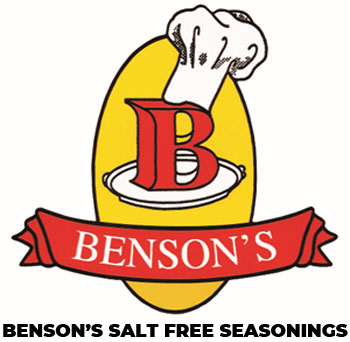What is Congestive Heart Failure?
Congestive heart failure (CHF) is when the heart is weakened and is unable to pump blood through the body at a normal rate. It does not mean that the heart has stopped working but rather, it cannot supply the body with enough oxygen and other nutrients to function properly. There are various causes of CHF but the main ones include kidney disease, high blood pressure (hypertension), and diseases of the heart. Because the blood is not pumping at a normal rate it forces the heart to work harder. This can lead to a number of symptoms such as swelling of the ankles (edema), shortness of breath, and intolerance or difficulty to do much or any exercise. There are a number of ways you can prevent or help CHF and one of the best ways is to eat a low sodium diet.
What is a Low Sodium Diet?
It’s a fact that most of us consume too much sodium in our diets on a daily basis. Sodium is essential to our body’s natural balance, but too much of it can cause problems such as CHF (congestive heart failure), high blood pressure, heart attack or stroke. Much of the extra sodium we are getting is coming from the salt we add to our food. However, most of the sodium we get in our diet is from processed foods, such as fast food, frozen or canned food, even loaves of bread. Sodium occurs naturally in foods such as meat, fish, even fruits, and vegetables. Health experts recommend that healthy adults are allowed to have an average intake of about 2,400mg of sodium daily or less, that’s about one teaspoon of salt. This doesn’t include the sodium from the other foods eaten throughout the day. In actual fact, sodium levels can remain healthy with a daily intake of only around 350-500mg daily, so most of us are consuming far too much sodium.
Foods that are high in sodium include:
- Salt – Salt is around 40% sodium. Most people use too much salt in their food.
- Bacon and cured meats – Salt is used as a preservative for various kinds of meats and as a result, meats like salami, pastrami, and bacon all have a high sodium content.
- Cheese – Though delicious, most cheeses are a heart problem waiting to happen. Packed with sodium, and high levels of cholesterol, they are best avoided if you’re looking to treat congestive heart failure.
- Processed and snack foods – It comes as no surprise that snacks such as popcorn, pretzels, and cheese puffs are overloaded with sodium. Find a healthy alternative.
- Salad dressings – While it’s tempting to add salad dressings such as mayonnaise to your food, it’s high in sodium and can lead to problems such as hypertension.
Here are some tips for going on a low sodium diet:
- Eat more fresh fruit and vegetables every day.
- Replace salt with herbs and spices. Fresh lemon juice and freshly ground black pepper are both great flavor enhancers.
- Always read the labels on the products you buy to make sure they are low in sodium.
- Avoid having a salt shaker on the dinner table. Far too convenient to reach for and use.
- Always request less salt or no added salt when eating at restaurants.
Lowering your daily salt intake can help to improve your CHF and overall cardiovascular health. Make sure you choose a heart-healthy lifestyle which includes a low sodium diet to help you live a healthier and happier life.
